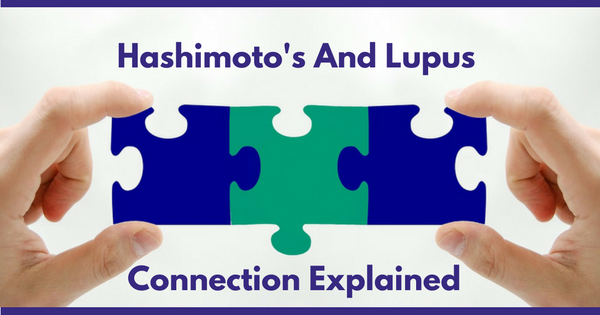5 Simple lifestyle Tips For Cancer Prevention
Preventing disease in our future starts now. We’re talking to a cancer specialist and learning about a few small efforts that add up in big ways to strengthen our systems daily…
 PREVENTING DISEASE ISN’T a perfect science (yet), but there’s no denying the importance of those efforts.
PREVENTING DISEASE ISN’T a perfect science (yet), but there’s no denying the importance of those efforts.
Functional medicine doctor and registered dietitian, Dr. Elizabeth Boham, wants us to understand that when it comes to cancer, pre-emptive screening isn’t the same thing as active prevention — a process that looks a lot like the healthy lifestyle we’re already working towards. Take note of the simple yet substantial elements of holistic cancer prevention, and explore more with Dr. Boham’s tips for breast cancer prevention here.
Screening for cancer is not the same thing as preventing cancer. Many of us go for our yearly mammograms and our regular colonoscopies, thinking that we are being proactive and preventing cancer. Although these screening exams and tests can be helpful for early detection, a healthy lifestyle is more important for true prevention. The American Institute for Cancer Research estimates that at least 33% of U.S. cancer cases could be prevented by maintaining a healthy weight, staying physically active and choosing a health diet. That’s one in every three cases! In addition to the steps outlined by the American Institute for Cancer Research, below are five more steps each of us can take to create a terrain in our body where cancer is less likely to grow.
 Remember, the key is to create a healthy terrain in your body where cancer is less likely to grow. These 5 easy steps can help you support this environment. To learn more about creating a cancer-free terrain you can download my free book, available here.
Remember, the key is to create a healthy terrain in your body where cancer is less likely to grow. These 5 easy steps can help you support this environment. To learn more about creating a cancer-free terrain you can download my free book, available here.
CHOOSE WHOLE FOODS: Whole foods are nutrient dense, providing vitamins, minerals and other phytonutrients that promote health. When we choose non-processed whole foods, we also help maintain our insulin sensitivity. Insulin is a very important hormone in our bodies that regulates our blood sugar level. We want this insulin to remain sensitive to signals in our bodies, such as when our blood sugar increases. Unfortunately, many people develop insulin resistance when they eat processed foods. Insulin resistance has been linked to an increased risk and decreased survival rate from many cancers. To help prevent insulin resistance, be sure to avoid a diet high in processed foods and sugar.
EXERCISE 3-5 HOURS PER WEEK: This can be achieved through 45 minutes of movement five times a week. Exercise improves insulin sensitivity and helps maintain a healthy percentage of body fat.
INCREASE YOUR FIBER INTAKE: A good goal is 35 grams of fiber per day. High-fiber foods include vegetables, fruits, beans, nuts and seeds (like ground flax seeds), and whole grains such as brown rice, quinoa and buckwheat. Fiber slows the digestion of food and prevents a spike in insulin after you eat. This also helps maintain your insulin sensitivity.
HAVE PROTEIN AT EVERY MEAL: Good protein sources include fish, lean poultry, beans, nuts, eggs, meats and whole or fermented soy foods. Make sure to include a few vegetarian options in your daily protein intake. Protein helps prevent blood-sugar spikes, which decreases food cravings and maintains insulin sensitivity.
MAINTAIN A HEALTHY WEIGHT: This is the best-studied, most agreed-upon step we can take to decrease our risk of many cancers. Following the steps above can help prevent unhealthy weight gain.
Call us today if you have questions and visit our website for more info at the link below




Comments
Post a Comment